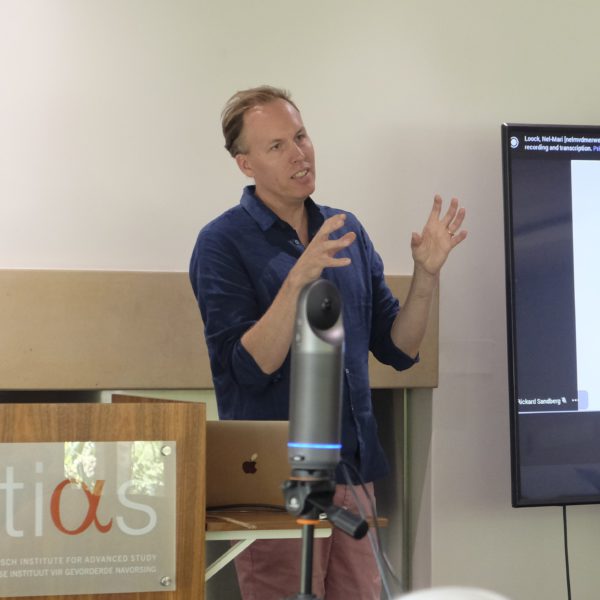The ability to characterize cell types and their genetic programs across tissues, have profoundly accelerated through the development of single-cell sequencing methods. These innovations in molecular methods have enabled individual cells – of any organism – to be molecularly characterized. For example, by sequencing the RNA molecules in a cell, researchers directly obtain information on the subset of genes in the cell that was active, and with what magnitude was the gene active. My lab developed some of the most well used single-cell RNA-sequencing methods (e.g. Smart-seq2) that has extensively been used to study cell types in health and disease. Part of this project is to use these methods to better understand how genes are activated in cells. The methods are increasingly being developed to capture RNA variants in cells, often the consequence of alternative processing. As this
process is involved in several diseases, the second part of this project is to develop new computational techniques to monitor RNA variants from single cell data. We hope that these tools can be used to identify disease-relevant alternative splicing changes that cause RNA variants, and illuminate the importance of alternative variants in the function of neurons in the brain.
Menu
Share this project:
Share on whatsapp
WhatsApp
Share on email
Email
Share on facebook
Facebook
Share on twitter
Twitter
Share on linkedin
LinkedIn
Is any information on this page incorrect or outdated? Please notify Ms. Nel-Mari Loock at [email protected].


